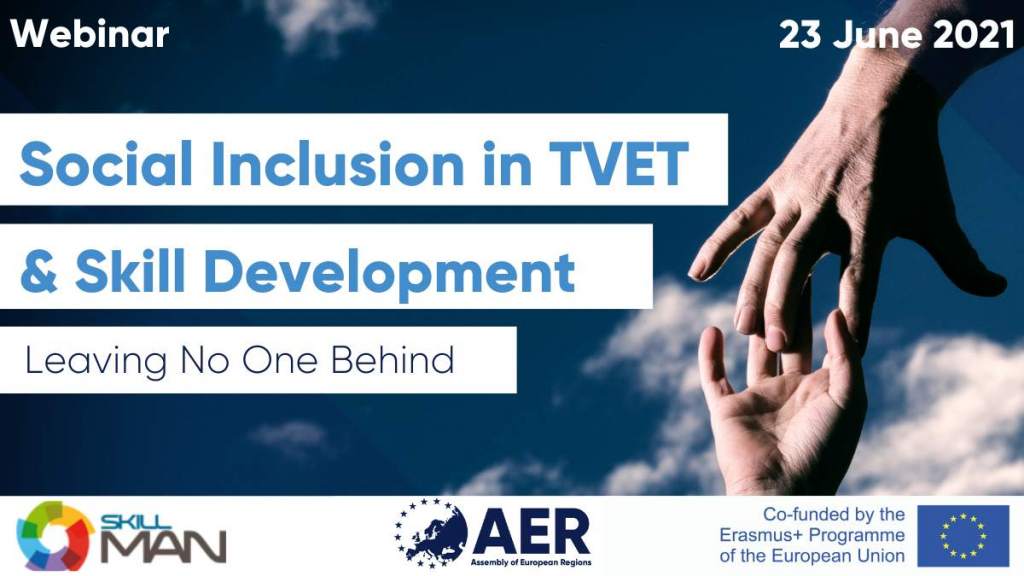 Share this!
Share this!TVET policies and programmes are of core importance to ensure that all people can enjoy inclusive skill development leading to both individuals’ affirmation and the creation of diversified learning environments. As reported by Srinvas Reddy, Chief of the ILO Skills and Employability Branch, “inclusive skills development and lifelong learning opportunities are vital to prevent people from being left behind, to maintain people’s employability, and to ensure that economies and enterprises recover promptly from the crisis”. (Guide on making TVET and skills development inclusive for all, ILO Skills and Employability Branch, 2020).
Yet, as a result of rapid and increasing societal changes – as the digital transformation, climate change, globalisation and demographic trends – in-depth transformation have been taking place in the labour market creating further constraints to inclusion and societal wellbeing. This condition has been further amplified by the outbreak of the COVID-19 pandemic and the creation of the so called ‘lockdown generation’.
The AER has been actively working on societal challenges throughout the past years. In 2018, it adopted a Position to express the need for new solutions (societal innovation) to societal and territorial challenges while ensuring quality public services and jobs.
In this context, public authorities, VET experts, and civil society organisations have a primary role in re-defining and improving the TVET system at the local level and developing societal innovation to ensure that learning opportunities address everyone’s needs and specific conditions.
The webinar aims to contribute to foster inclusive TVET systems and skill development by offering first hand insights from the European Commission, as well as a space for the exchange of knowledge and practices among policymakers, VET experts and practitioners.
The event will be held on June 23rd from 10 to 11 am CET. Visit the EVENT PAGE to access the agenda and register to the webinar!
The event IS part of the Skillnet webinar series AER is organising, which provides an opportunity for mutual learning around topics identified by AER members.
